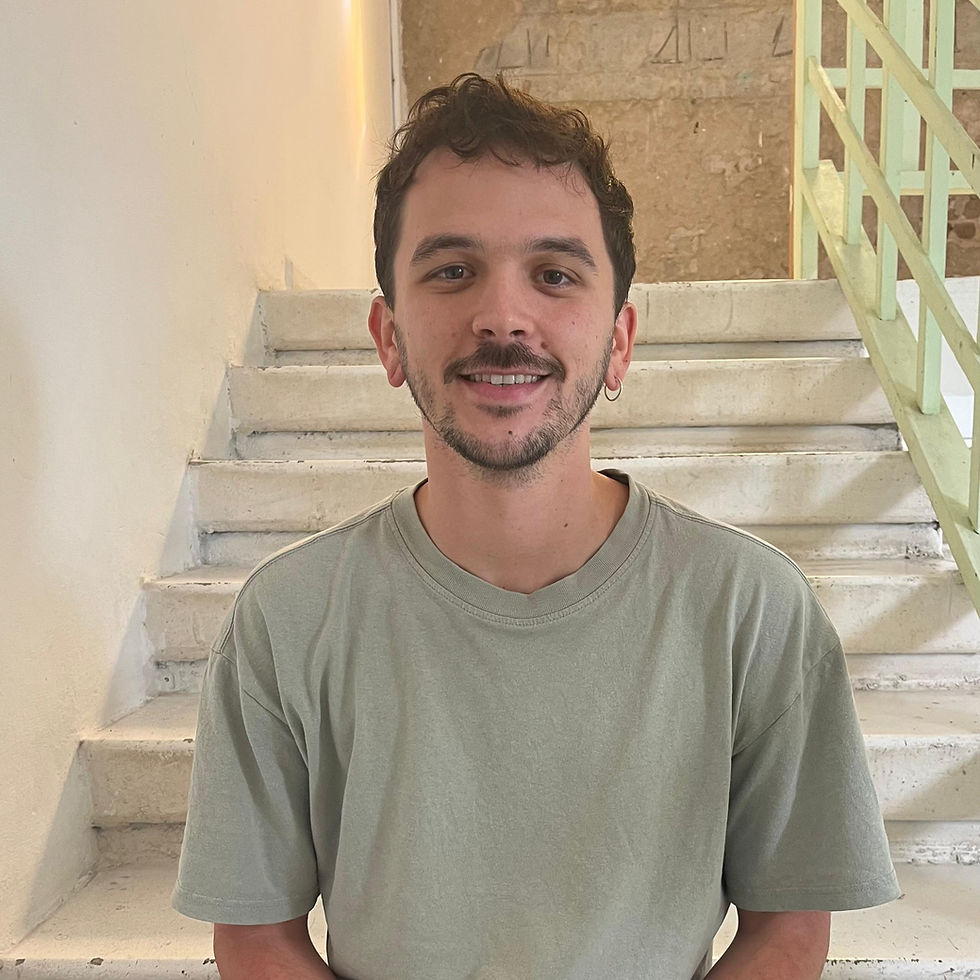Hope as a Deliberate Choice
- Nov 16, 2023
- 2 min read
How can we even think of the future when we are engulfed by the horrors of the present? It’s almost impossible.
In the terrible war of 2014 I learned and internalised that hope is a choice. It’s a conscious and ongoing political and spiritual choice. It’s not something that you simply do or don’t wake up with in the morning. It’s a difficult choice because it requires us to feel the huge distance between this awful reality and the just and shared future that we all deserve across this land.
Angela Davis said:
“You have to act as if it were possible to radically transform the world. And you have to do it all the time.”
Now in the middle of this horrific war in 2023, after the massacre of 07.10, with the ongoing massacre in Gaza, and with the many forms of violence, racism and oppression that surround us - even this strategy, of hope as a deliberate choice, is almost not enough. It probably wouldn’t be enough for me now, if it wasn’t for the fact that between 2014 and 2023 I learned Arabic.
What’s that got to do with it? I’ll try to explain. We’re in a time of extreme dehumanisation. Life should be the most precious thing to us, but it has become astoundingly cheap. That is why the moments that comfort me, that give me a bit of air to breathe and enable me to keep choosing to “act as if” a better future is possible, are moments of re-humanisation. Moments in which my broken heart manages to expand. It can be through activism and volunteering, through concern, through love and appreciation, or through shared pain.
In these moments, in Jerusalem and in the activism that I do, I am thankful that I speak Arabic. I sort of feel like the last nine years of learning Arabic are a gift that I’ve given to myself for this dark time. I’m more able to stay properly updated, to connect, to support, and to act, because I speak this language in this place and time. It enables me to choose to still hope for a shared and just future, and it gives me tools for dealing with the present.




Comments